- May 3, 2024
- Posted by: Viacame Communication
- Categories: Education, Health
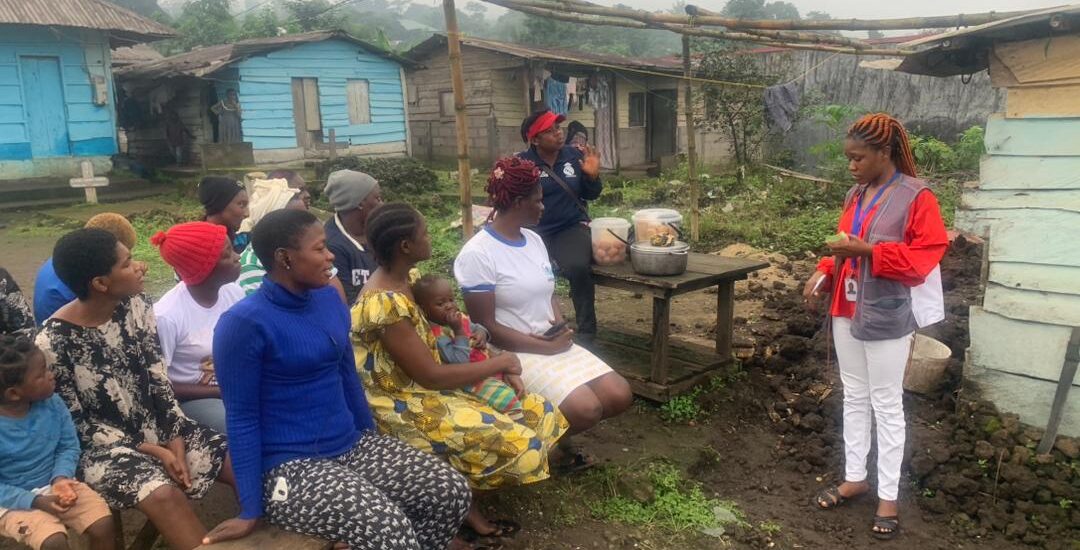
As a library, NLM provides access to scientific literature. Inclusion in an NLM database does not imply endorsement of, or agreement with, the contents by NLM or the National Institutes of Health.
Learn more: PMC Disclaimer | PMC Copyright Notice
Etienne Lwamba,corresponding author 1 Shannon Shisler, 1 Will Ridlehoover, 1 Meital Kupfer, 1 Nkululeko Tshabalala, 2 Promise Nduku, 2 Laurenz Langer, 2 Sean Grant, 1 , 3 Ada Sonnenfeld, 1 Daniela Anda, 1 John Eyers, 1 and Birte Snilstveit 1
Author information Copyright and License information PMC Disclaimer
Background
Across the globe, gender disparities still exist with regard to equitable access to resources, participation in decision‐making processes, and gender and sexual‐based violence. This is particularly true in fragile and conflict‐affected settings, where women and girls are affected by both fragility and conflict in unique ways. While women have been acknowledged as key actors in peace processes and post‐conflict reconstruction (e.g., through the United Nations Security Council Resolution 1325 and the Women, Peace and Security Agenda) evidence on the effectiveness of gender‐specific and gender‐transformative interventions to improve women’s empowerment in fragile and conflict‐affected states and situations (FCAS) remains understudied.
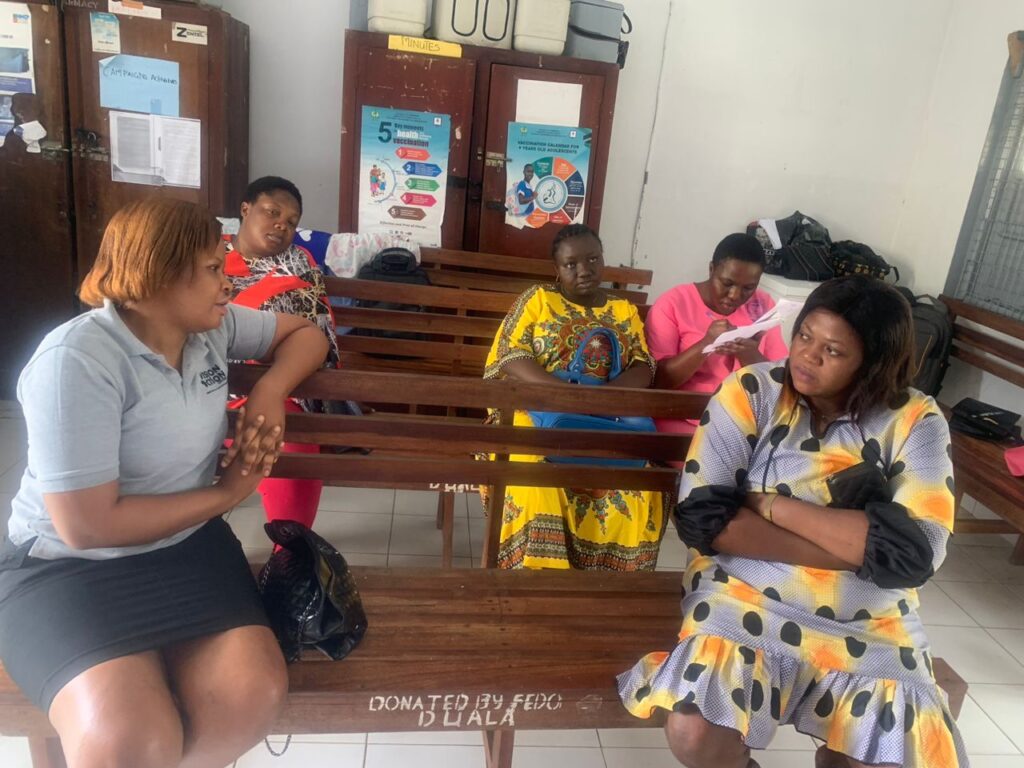
Objectives
The purpose of this review was to synthesize the body of evidence around gender‐specific and gender‐transformative interventions aimed at improving women’s empowerment in fragile and conflict‐affected settings with high levels of gender inequality. We also aimed to identify barriers and facilitators that could affect the effectiveness of these interventions and to provide implications for policy, practice and research designs within the field of transitional aid.
Methods
We searched for and screened over 100,000 experimental and quasi‐experimental studies focused on FCAS at the individual and community levels. We used standard methodological procedures outlined by the Campbell Collaboration for the data collection and analysis, including quantitative and qualitative analyses, and completed the Grading of Recommendations, Assessment, Development and Evaluations (GRADE) methodology to assess the certainty around each body of evidence.
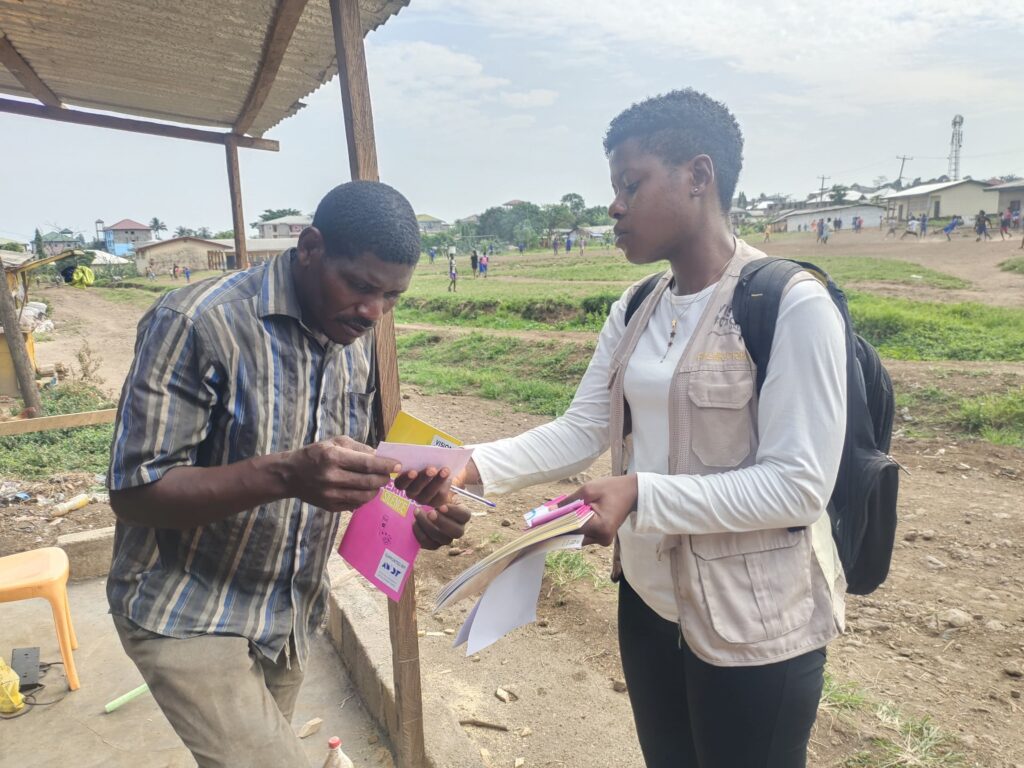
Results
We identified 104 impact evaluations (75% randomised controlled trials) assessing the effects of 14 different types of interventions in FCAS. About 28% of included studies were assessed as having a high risk of bias (45% among quasi‐experimental designs). Interventions supporting women’s empowerment and gender equality in FCAS produced positive effects on the outcomes related to the primary focus of the intervention. There are no significant negative effects of any included interventions. However, we observe smaller effects on behavioural outcomes further along the causal chain of empowerment. Qualitative syntheses indicated that gender norms and practices are potential barriers to intervention effectiveness, while working with local powers and institutions can facilitate the uptake and legitimacy of interventions.
Conclusion
We observe gaps of rigorous evidence in certain regions (notably MENA and Latin America) and in interventions specifically targeting women as actors of peacebuilding. Gender norms and practices are important elements to consider in programme design and implementation to maximise potential benefits: focusing on empowerment only might not be enough in the absence of targeting the restrictive gender norms and practices that may undermine intervention effectiveness.
Lastly, programme designers and implementation should consider explicitly targeting specific empowerment outcomes, promoting social capital and exchange, and tailoring the intervention components to the desired empowerment‐related outcomes.
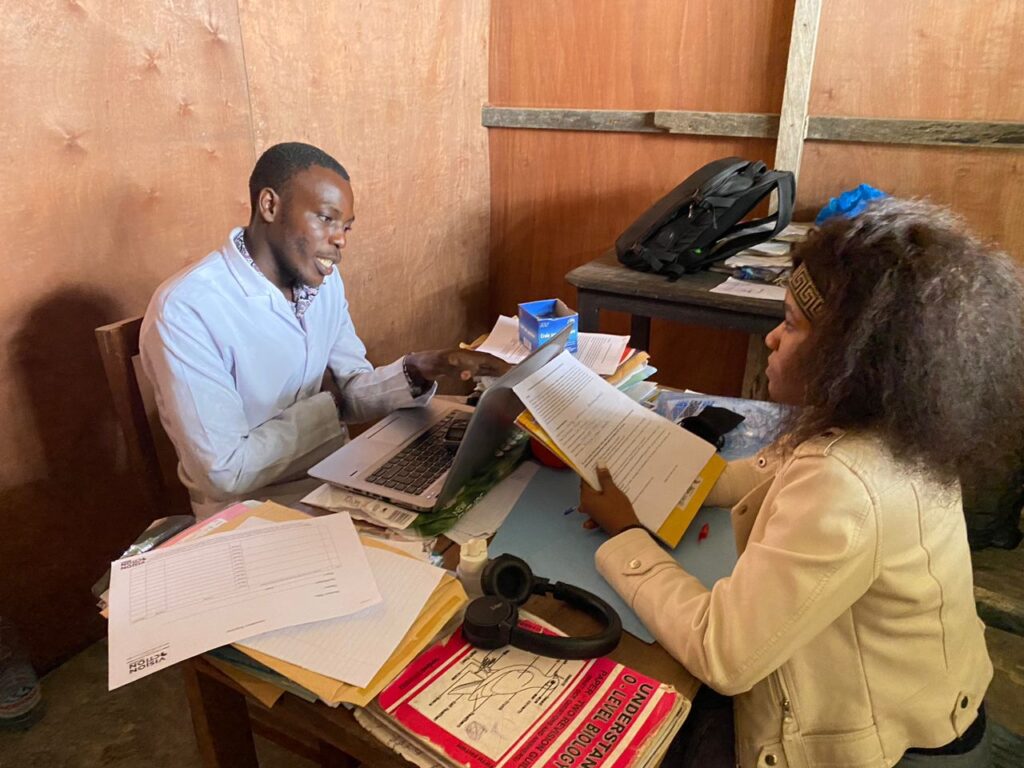
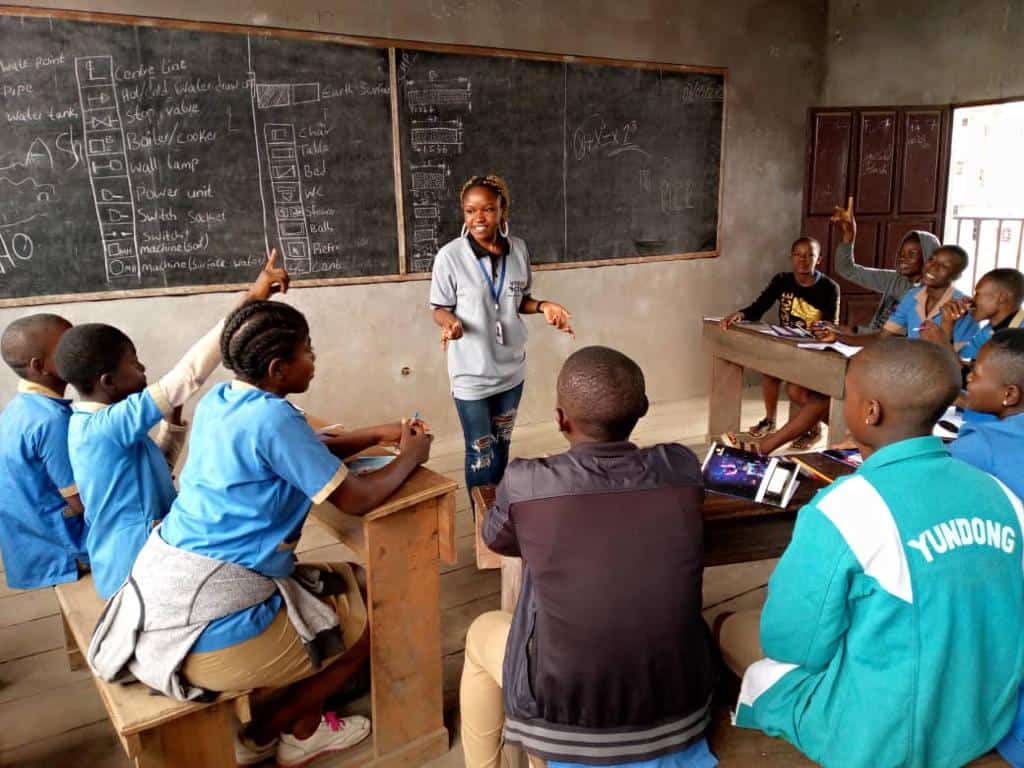
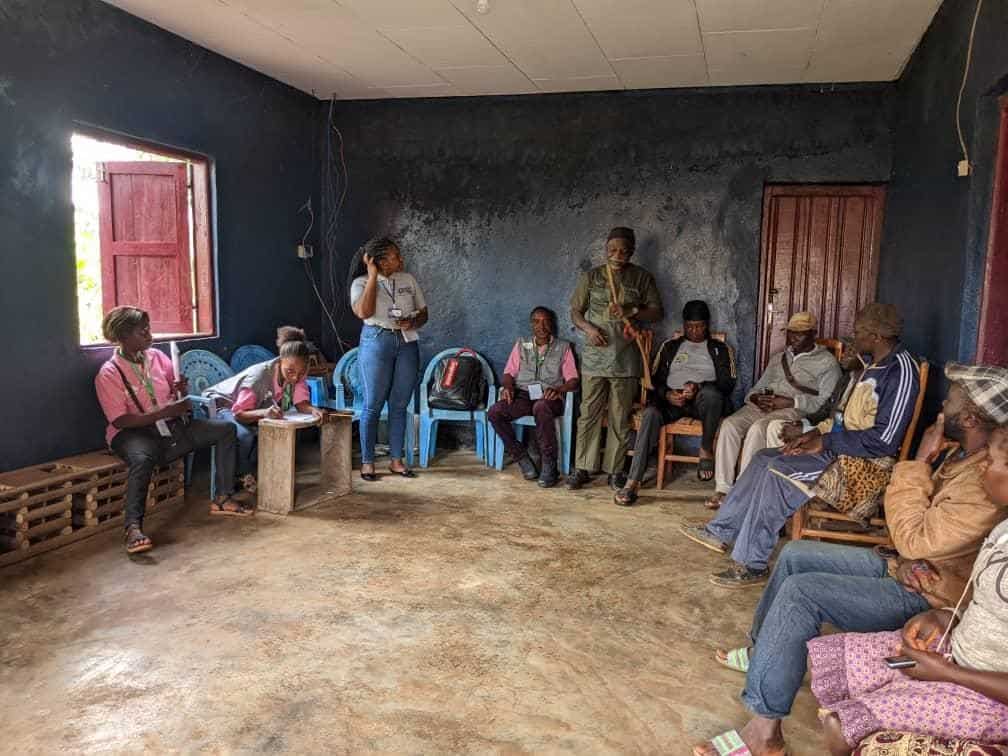

so inspirational
Ce t’un bon article je attends a trouver plus
am really impressed by the work you do
wow wow wow this is good
this really relates to my community
kudos to VIAC
this article really hits home. I love the practicality captured in it
wow truly inspirational
this was really interesting, kudos
amazing article I love this!!!!
just keep it up
its time organizations started working on practicality and not theory
you very correct on that
your very correct on this
merci
wow wow wow so realistic
https://qrmoda.ru/fashion/361-manzoni-24-italyanskiy-mehovoy-shik/
best experience from the community
nicely put together i hope to see more like this
https://qrmoda.ru/fashion/361-manzoni-24-italyanskiy-mehovoy-shik/
thank you so much. VIAC appreciate your support
this was a really good write up it helped me with my research
https://stylecross.ru/read/2024-06-19-lacoste-kachestvennyy-premium-po-tsene-mass-marketa/
This is great –
More efforts…this is wonderful
S
VIAC thanks you
this is really mind blowing
i like the relatatble content you continously post
so relatable
wow am impressed
Очень трендовые новости мира fashion.
Все новости известнейших подуимов.
Модные дома, бренды, haute couture.
Самое приятное место для трендовых хайпбистов.
https://enovosibirsk.ru/news/2023-11-24-razryv-v-zarplate-v-raznyh-regionah-rossii-svyazan-s-ekonomicheskoy-spetsifikoy/